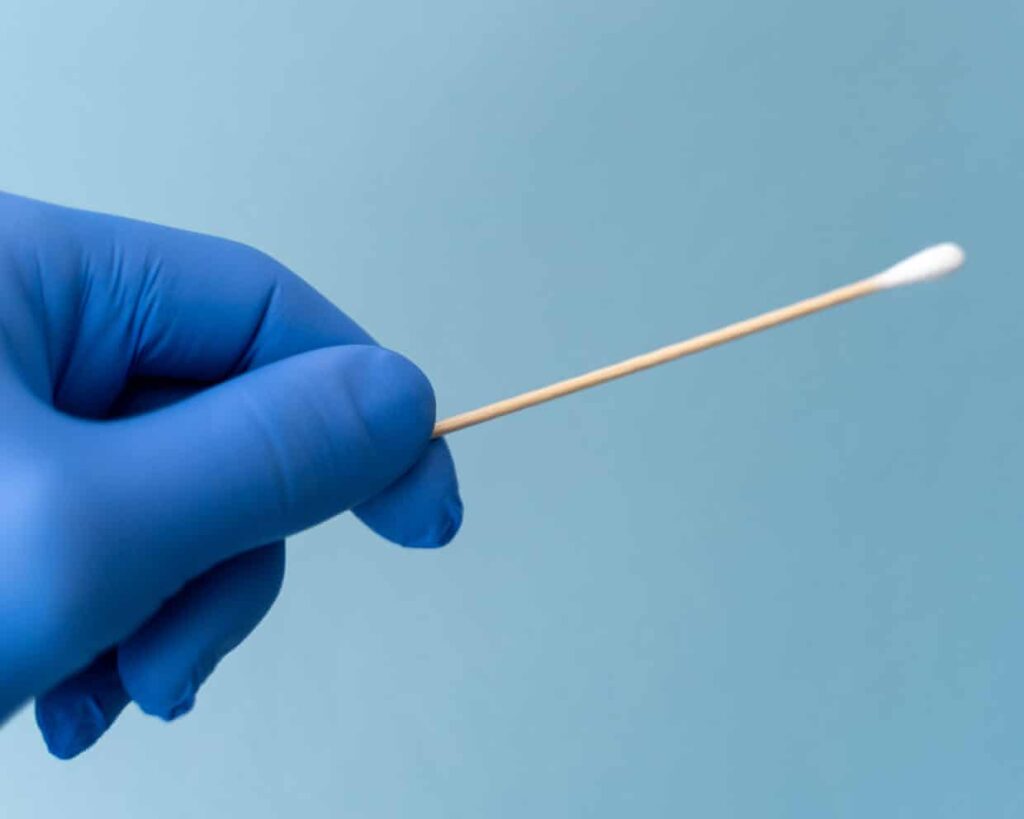
A new study reveals that a simple cheek swab test can identify children at risk of a potentially lethal heart condition known as arrhythmogenic cardiomyopathy (ACM). This test can detect the condition up to five years earlier than traditional methods. ACM, often genetic in origin, is responsible for over 10% of sudden cardiac deaths in children and is characterized by abnormalities in the proteins connecting heart cells, which can disrupt the heart’s structure and electrical activity.
The groundbreaking research was presented at the European Society of Cardiology congress in Madrid, the largest heart conference globally. The test, which takes only two minutes to administer, was developed by experts at Great Ormond Street Hospital and City St George’s, University of London. It was trialled on 51 children aged between three months and 18 years who had a known genetic predisposition to ACM. Over a seven-year period, these children underwent cheek swabs every three to six months.
Of the children tested, 10 were later diagnosed with ACM, and notably, 8 of them exhibited abnormalities detected by the cheek swabs prior to any other diagnostic tests. Additionally, a separate group of 21 children without known genetic risks showed that 5 had detectable abnormalities. These findings suggest that the cheek swab test could serve as an early warning system, potentially identifying changes in a child’s health long before formal diagnosis.
Dr. Joanna Jager from City St George’s, University of London, emphasized the urgent need for a quick and straightforward method to screen for ACM. “There is a real need for a quick and easy test to flag suspected ACM, which can then be confirmed by hospital tests,” she stated.
In the UK, it is estimated that approximately 1 in 10,000 people are affected by ACM. Symptoms can vary but may include heart palpitations, fainting, breathlessness, abnormal heart rhythms, and swelling in the stomach, legs, or ankles.
The research team is now working on developing home-use swab kits, enabling families to conduct tests in the comfort of their own homes and send samples for analysis. Dr. Angeliki Asimaki, a reader in cardiac morphology and sudden death at City St George’s, noted the test’s non-invasive nature. “Our test provides a window into microscopic changes happening in the heart, and it is totally risk-free,” she explained. “This has the potential to provide accurate and timely diagnosis of ACM, which could ultimately save lives.”
Dr. Sonya Babu-Narayan, the clinical director of the British Heart Foundation, which funded the research, highlighted the significance of early detection. “Arrhythmogenic cardiomyopathy can develop and strike without warning, risking sudden death in children,” she said. “This simple, pain-free cheek swab test could identify children in the early stages of ACM who need extra care or reassure at-risk children and their families with normal test results.”
As researchers move forward with this innovative approach, the potential for improved outcomes for children at risk of ACM is becoming increasingly clear. This development marks a significant step toward enhancing early detection and intervention strategies for this serious heart condition.






